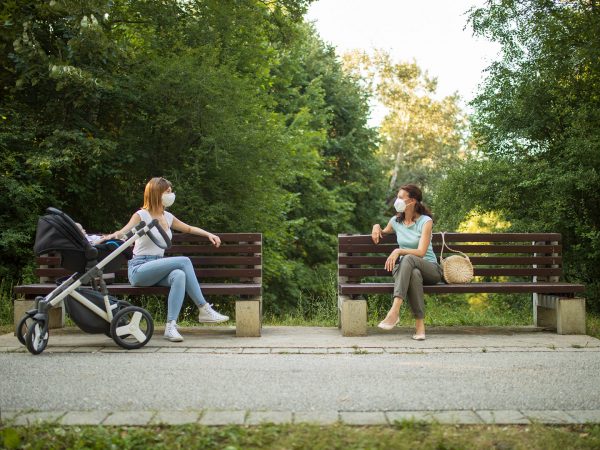Social Distancing To Avoid COVID-19

A new study from Ohio State verified this after asking online participants to place themselves or fictional people at a grocery store, a crowded beach or a crosswalk based on their personal social distancing preferences. Four months later the participants were asked if they had tested positive for COVID-19 or contracted the disease. The researchers reported that the more the study participants demonstrated a preference for social distancing in the on-line scenarios, the less likely they were to have contracted COVID-19. The study’s senior author, Russell Fazio, a professor of psychology said the evidence from the study “indicates there is value in socially distancing – not only to reduce the spread of a virus within a community, but because it is actually beneficial for the individual engaging in social distancing.” He noted that his entire lab group came to view the pandemic as a call to action for behavioral scientists “because this was ultimately a test of human behavior. Rarely does a whole society get called upon to change behavior.”
Source:
Russell H. Fazio et al, “Social distancing decreases an individual’s likelihood of contracting COVID-19,” PNAS February 23, 2021; doi.org/10.1073/pnas.2023131118
More current health news from Dr. Weil’s Weekly Bulletin:
- Hot Climates & Spicy Food
- Don’t Give Up Your Mask
- This week’s new recipe: Scallops With Kale Pesto & Feta
Sign up for more Dr. Weil newsletters:









